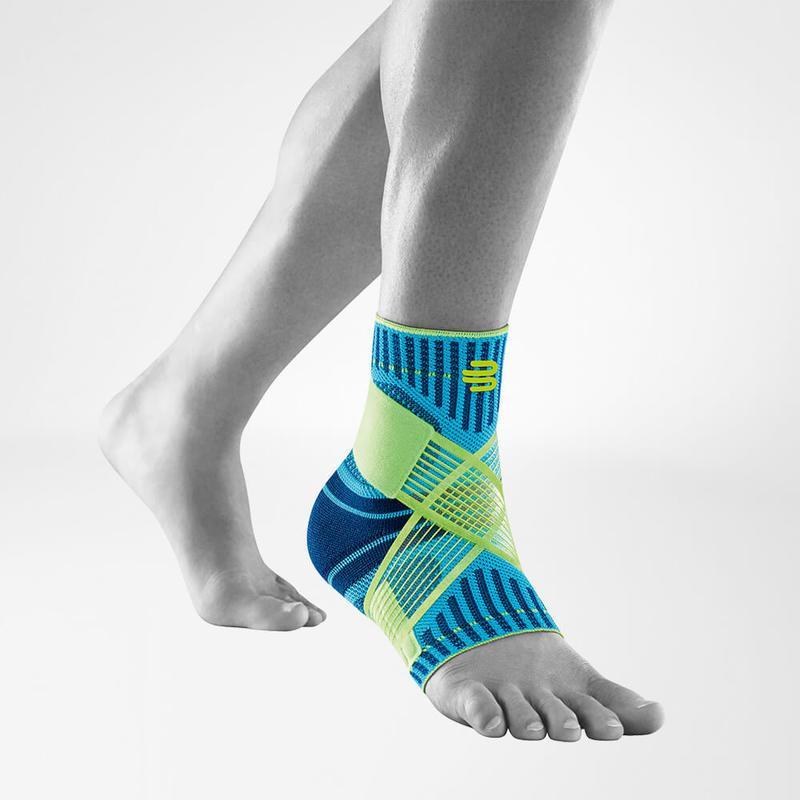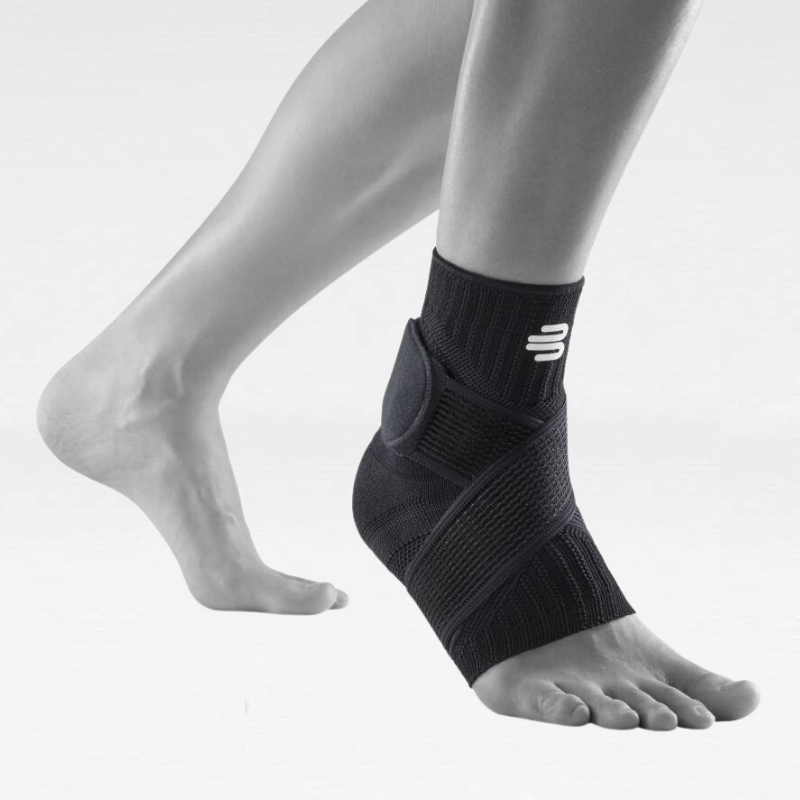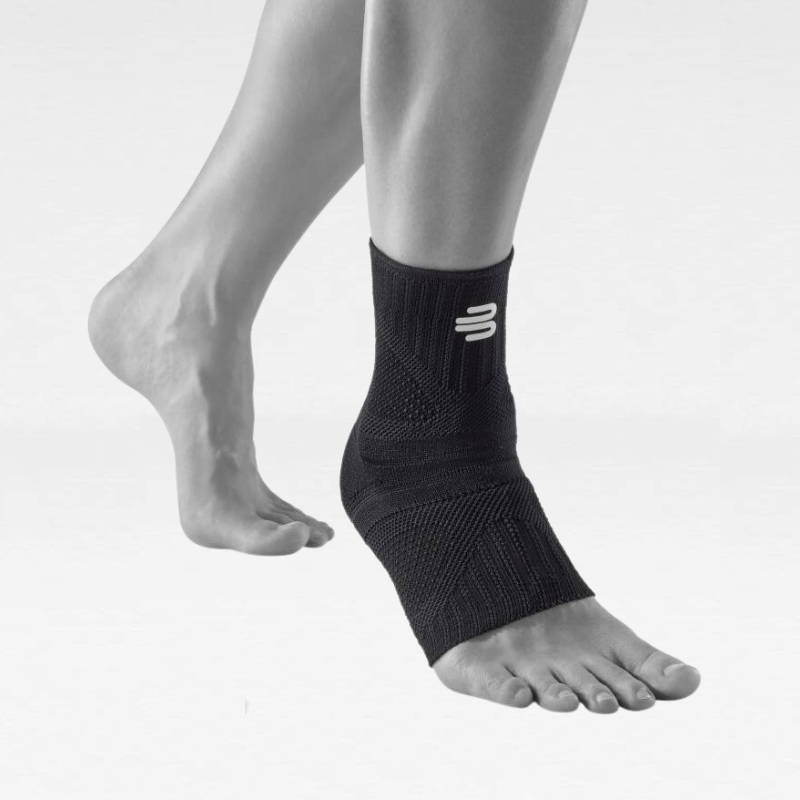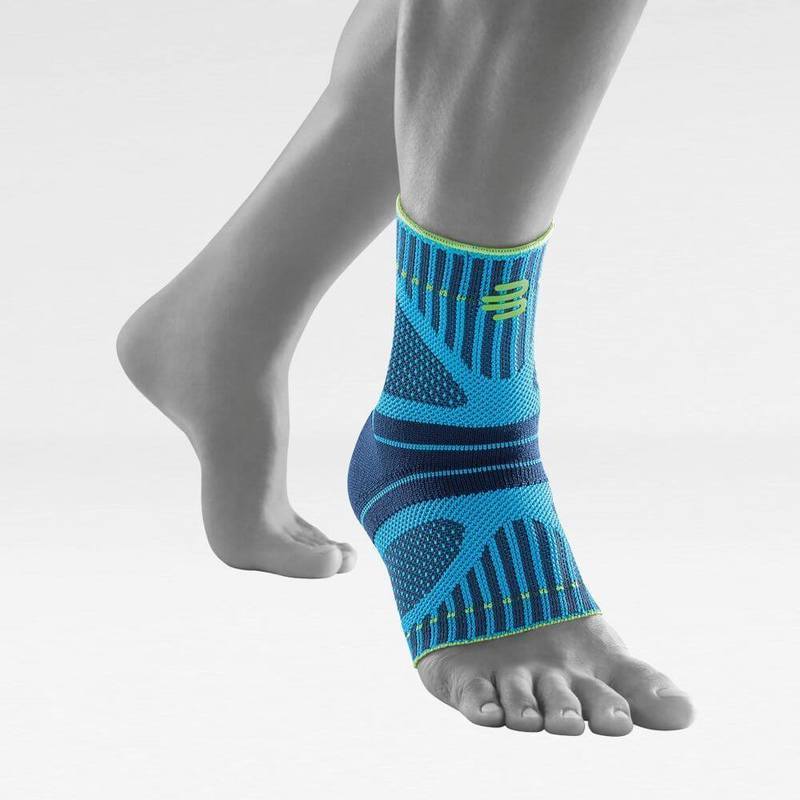Getting back into running after a break: Tips for getting back out there
It is no mystery that this week has been challenging. Working from home, doing household chores, caring for our children, are nothing short of time consuming. This can make staying active, healthy, and achieving your fitness goals a little harder. However, to keep these goals, you have to carve in a little time for yourself.
That is why now is the perfect time to think about a running restart. With little equipment needed, save some running shoes and a good playlist, running has many advantages in a world that is crunched for time. Simply lace up your kicks, plug in your headphones, and hit the pavement. That is all you need! Through the release of serotonin and dopamine, running is an effective antidepressant that strengthens both the body and mind.
Of course, we know that hitting the ground like an Olympic athlete is not a feasible goal. That is why we have provided a few important tips to help you ease back into this exercise.
Challenge yourself by sticking to a routine

If you have decided to take up running again after a break of several weeks or even months, we want to congratulate you. That is an excellent step to a better you. Now it’s time to put on those running shoes and do your first few careful laps to gauge where your levels of fitness are.
Take things slow...
The most important thing to remember is: Start slowly! Your cardiovascular system will adapt to increased physical strain quite quickly. Your body’s support system of bones, muscles, tendons and ligaments, however, will take much longer to adapt to the change. This means that the risk of injuries is particularly high at first, which is why pacing yourself is vital.
...and don’t give up!
The first few runs after a break are the hardest, of course. The challenge here is to keep it up and conquer your weaker self.
The best strategy is not to work out especially intensely, but to work out on a regular basis. If you exercise every two or three days, you will get back into the “flow” quite quickly, and you will be able to significantly increase the length of your workouts after just a few weeks.
What can help you to keep going in the first few weeks?

1. Friends - Seek support if you know that making it through the first few weeks of training on your own will be a struggle. A friend who also wants to exercise more can be a real lifesaver here. The advantage: You are going through the same thing and can relate to each other perfectly. This means that you can motivate and support each other when you are struggling.
2. Running group - If you don’t happen to have any “fellow sufferers” among your friends, you might want to look for a running group in your city. These groups are suitable for virtually any level of performance, including beginners (or if you've gotten out of the habit). Running with a nice group is usually much easier. The advantage: A fixed schedule reduces the likelihood that you will spontaneously decide not to exercise.
3. Running watch - If you can’t find a friend or a running group to support you right now, you can set yourself measurable goals for self-motivation. This may be a particularly good time, or a new personal distance record, or even just running a few minutes more without taking a break. A running watch will also help you keep an eye on your heart rate and reduce the risk of pushing yourself beyond your physical limits.
4. Music - Listening to music while running is kind of a controversial issue. While some runners swear by a “pure” running experience and find music distracting, others are inspired by the sound of their favourite songs, and may even perform a little better than they could in silence. There are even certain scientific indications that music improves physical endurance.
If you are among those who love exercising with music, you can use a smartphone, MP3 player or even the running watch itself as a motivational aid to playing your favourite songs when you need them the most to give you that extra boost.
5. Routine - Human beings are creatures of habit. We love set rituals that we can cling to in our hectic everyday lives. You can use this effect to stay on the ball with your running training. Run on fixed days and at fixed times.
6. Rewards - Running sessions are often tough and can feel like “work” (which they are for your body, after all). So it can make sense to “run towards” something nice and rewarding, just like you would anticipate a vacation from work. This could be a tasty smoothie or a piece of chocolate after the running session, or a trip to the movies with friends that night. Please remember: You should reward yourself as soon as possible after a workout so your brain will link running with the reward and increase your motivation in the future.
Recovery is key

This is true for almost any form of exercise, including running: Progress happens between workouts, not during them. This means that thorough recovery is a must, especially if you are a beginner (or getting back in the swing of things). Factor in at least one day of rest between your workouts. After one month, you can also take off an entire week for recovery.
All the “classics” regarding recovery also apply, of course: drink enough, eat a healthy diet, get plenty of sleep. This allows your body to replenish its energy reserves and increase your performance gradually.























